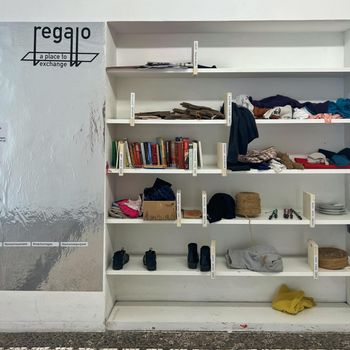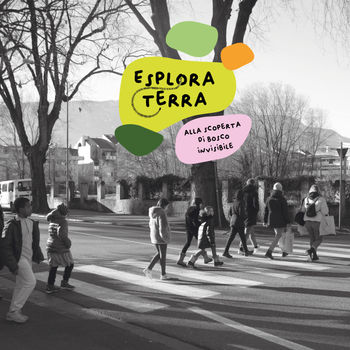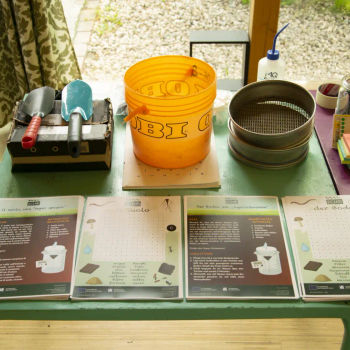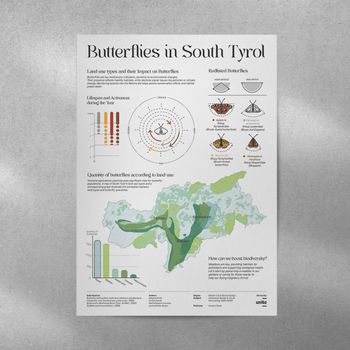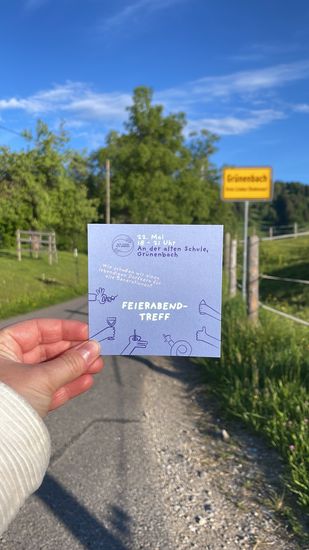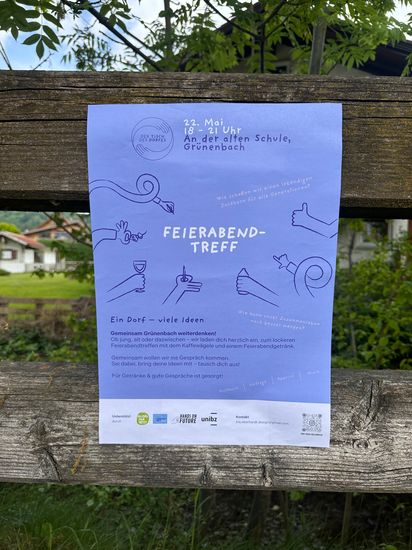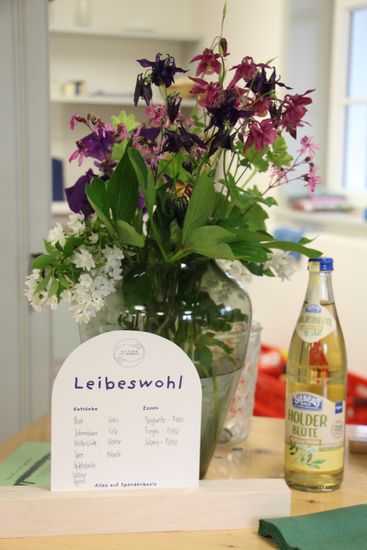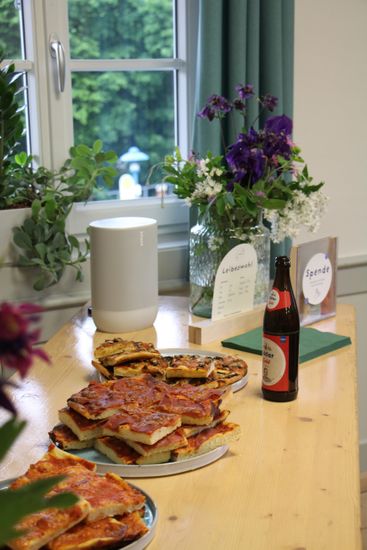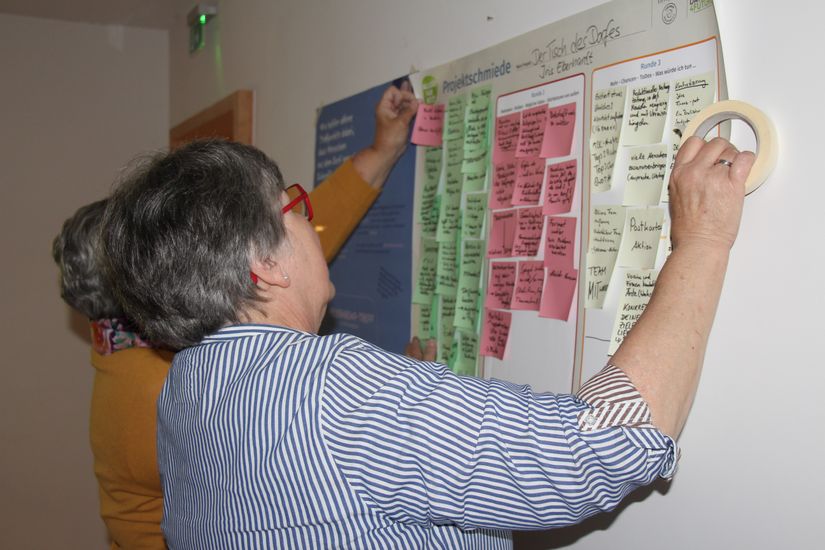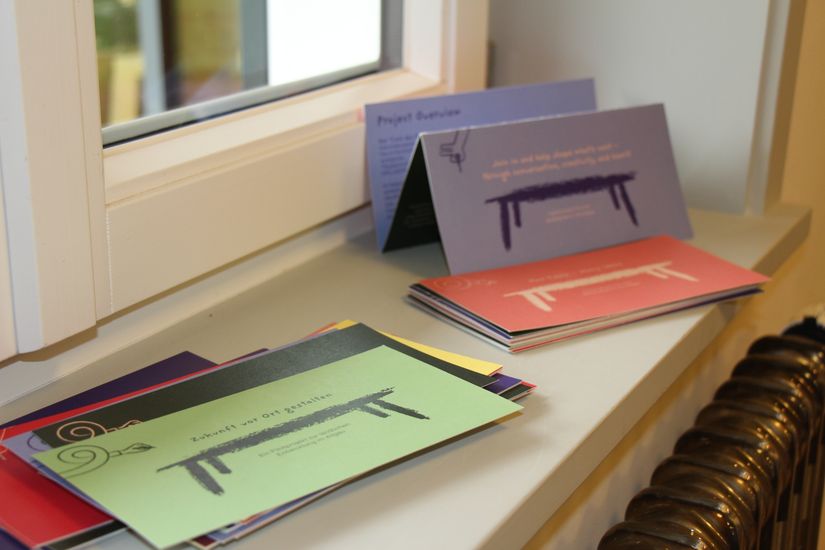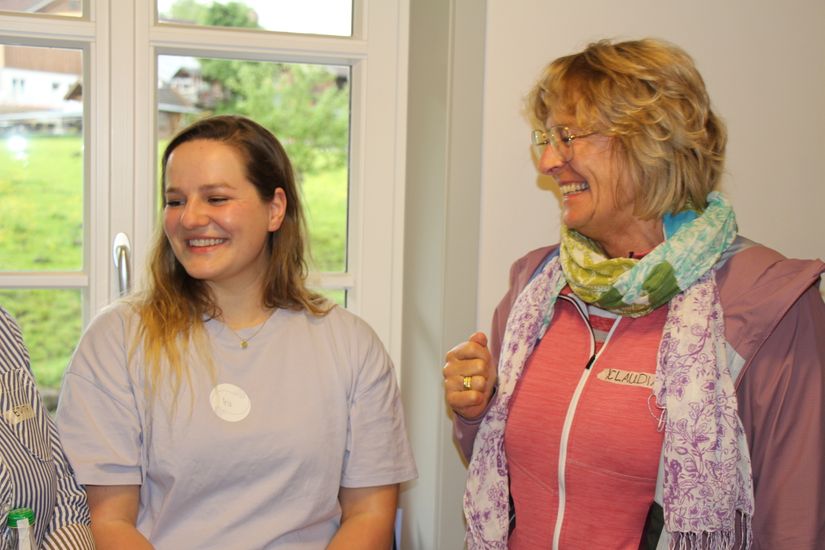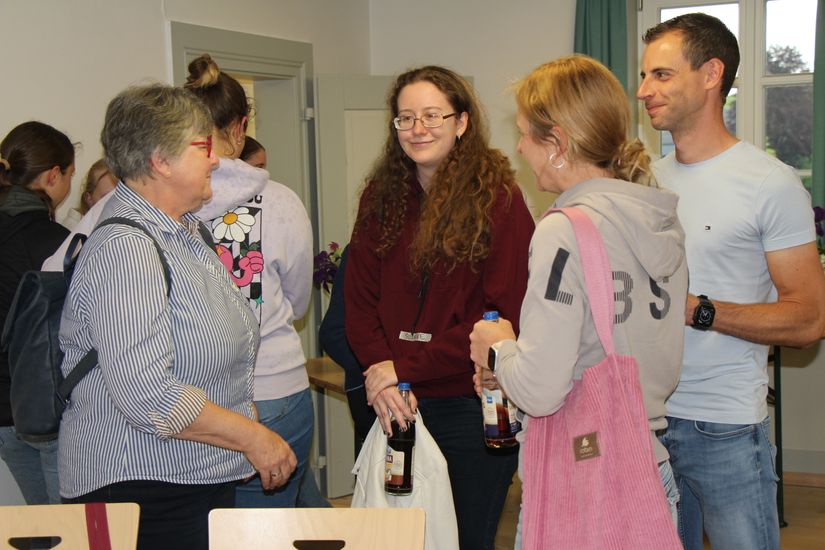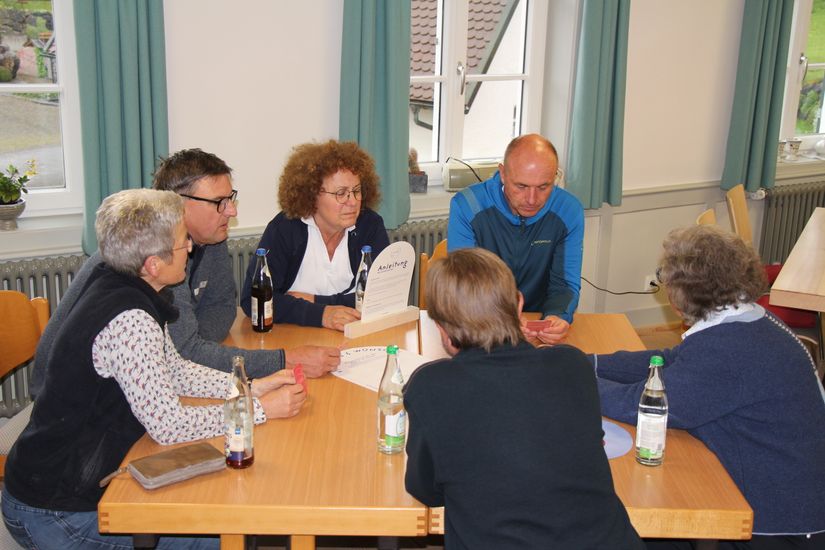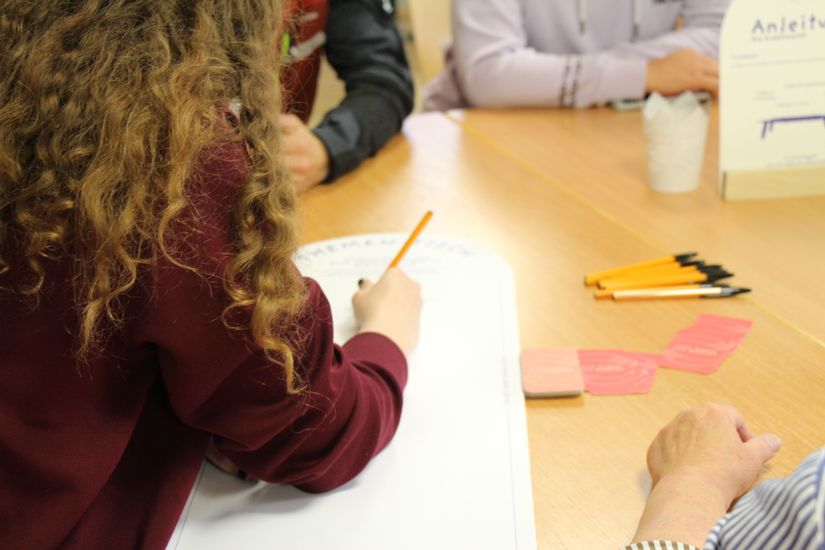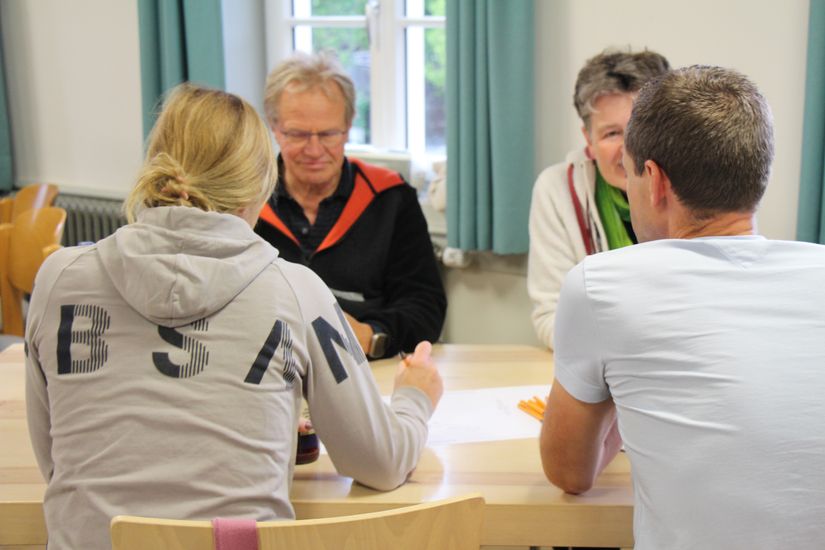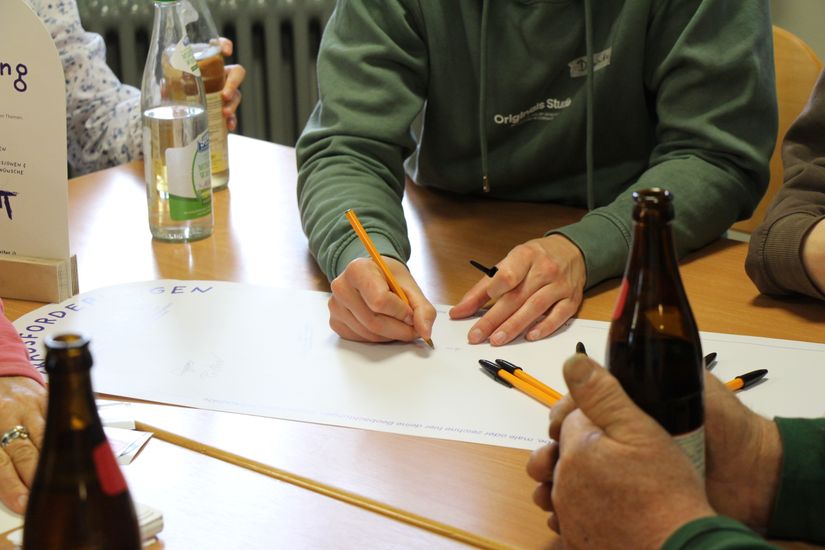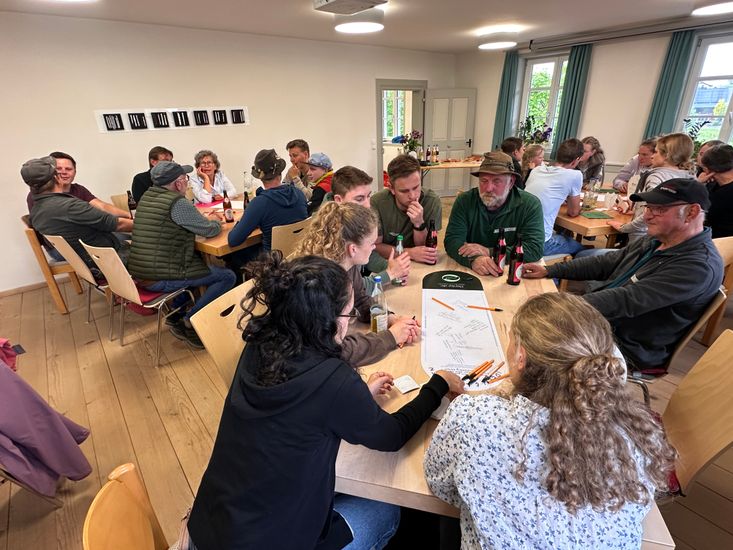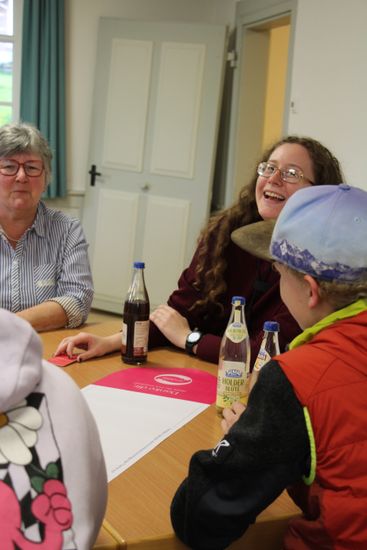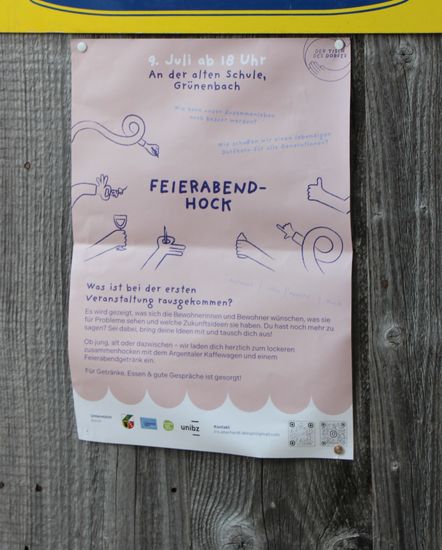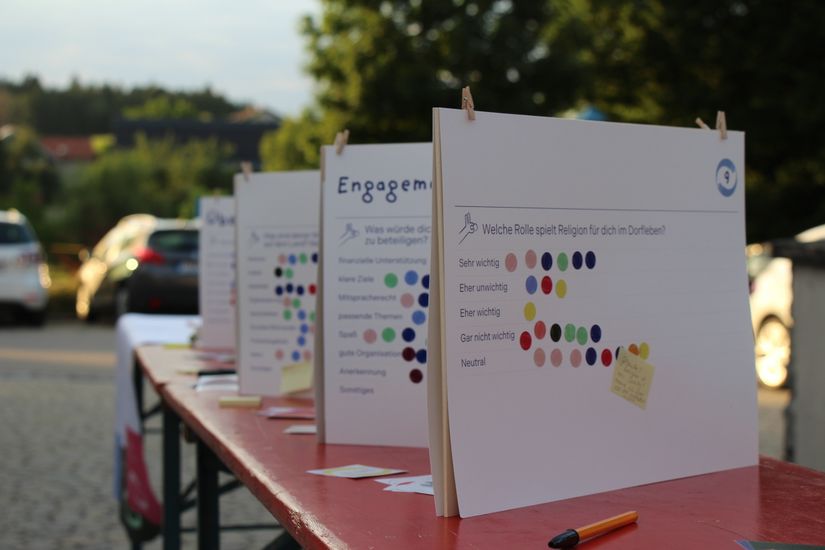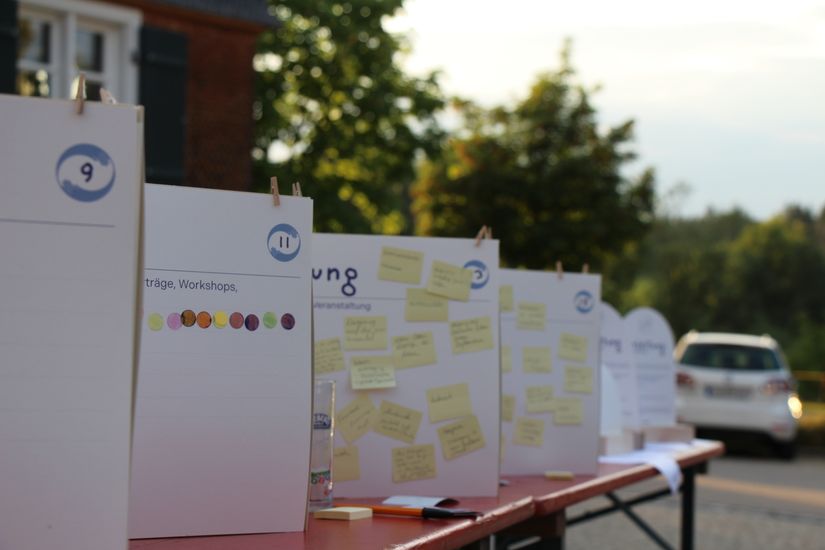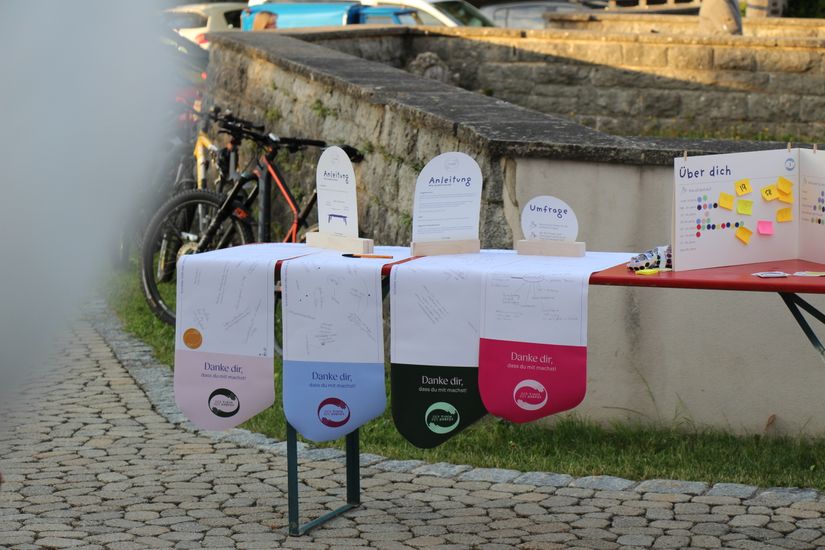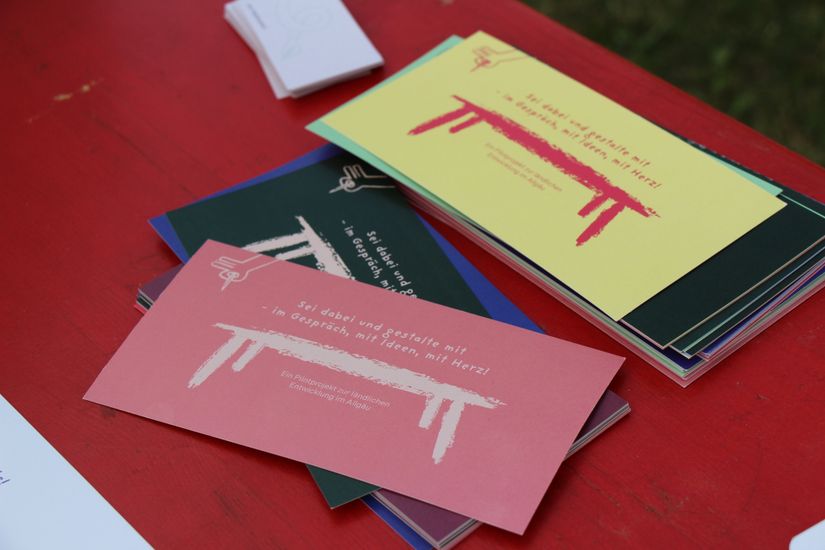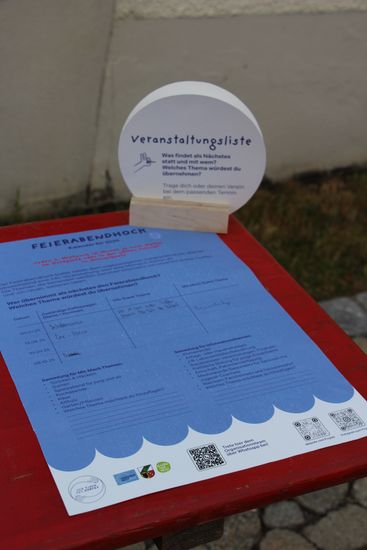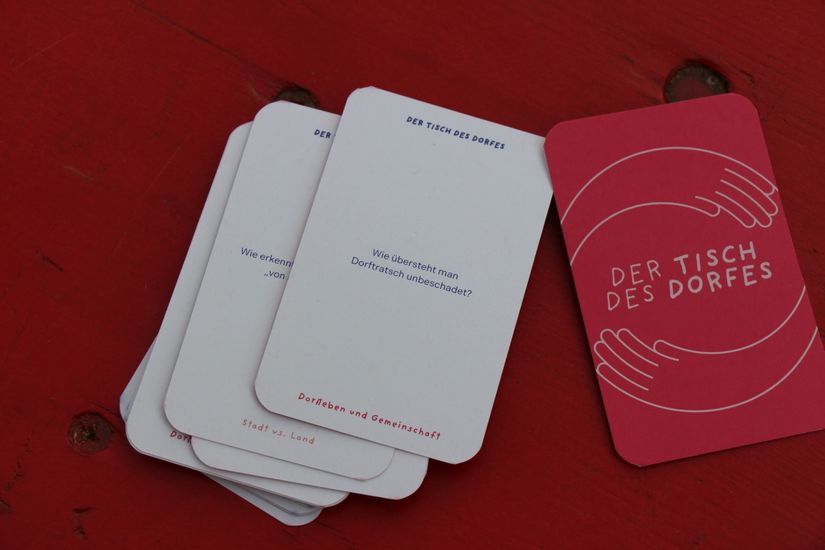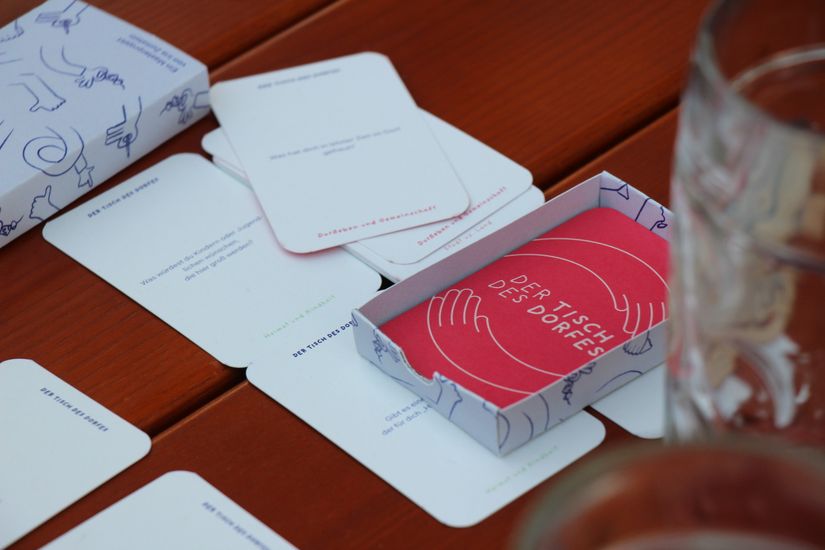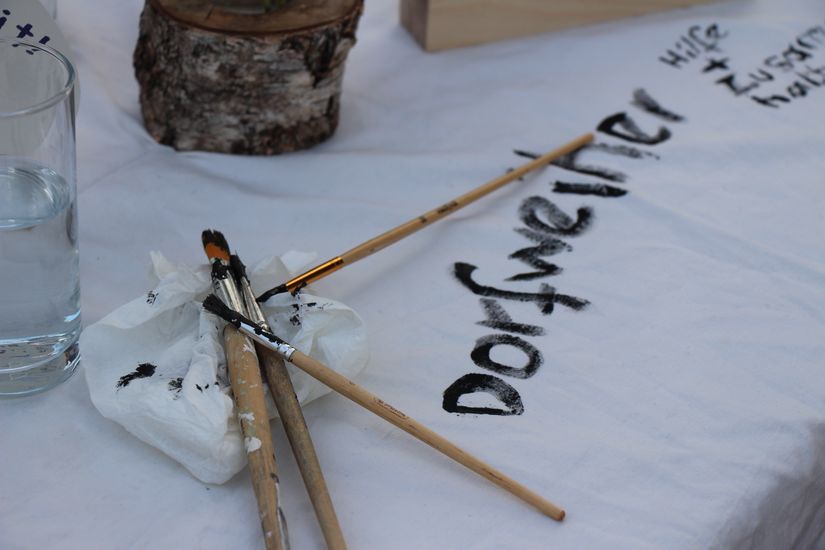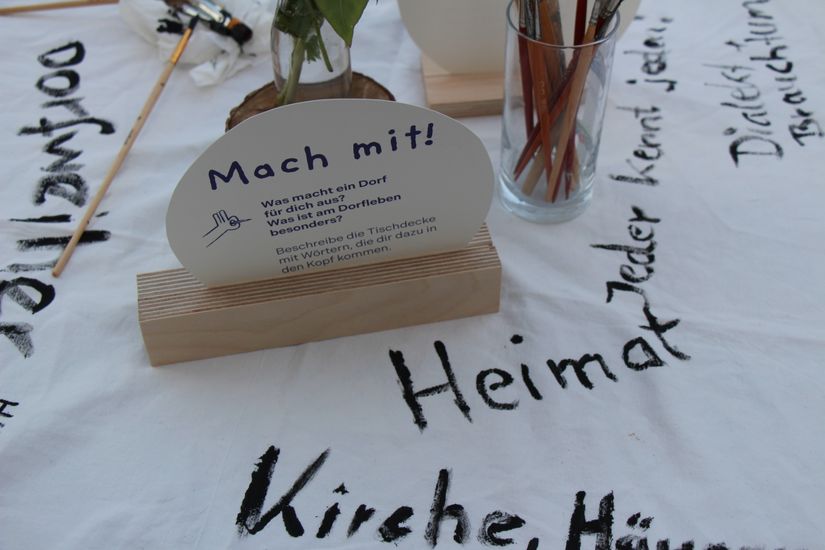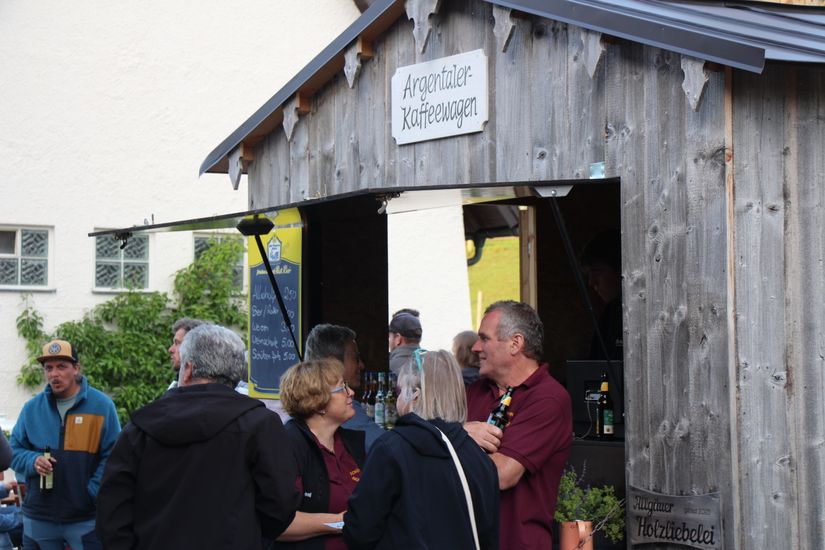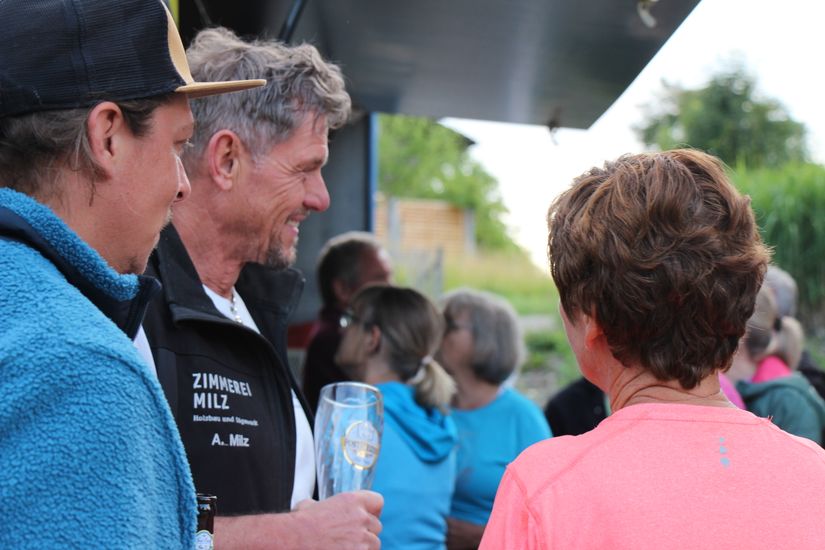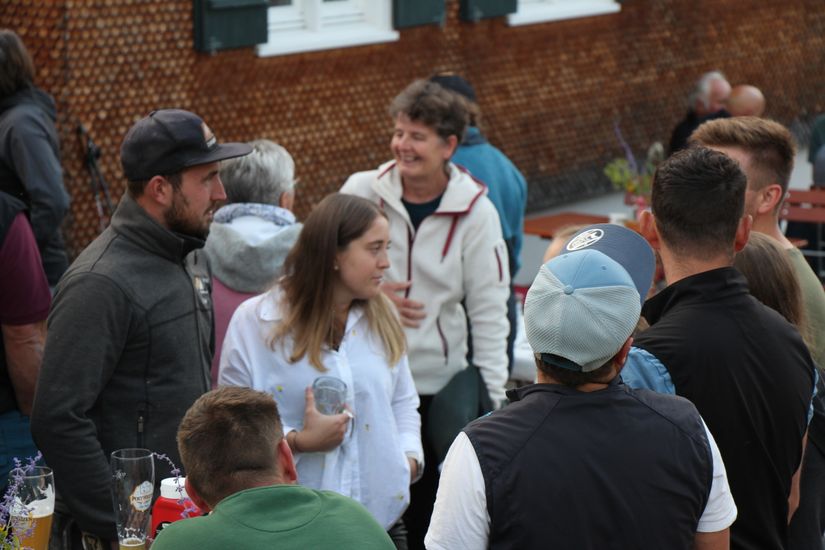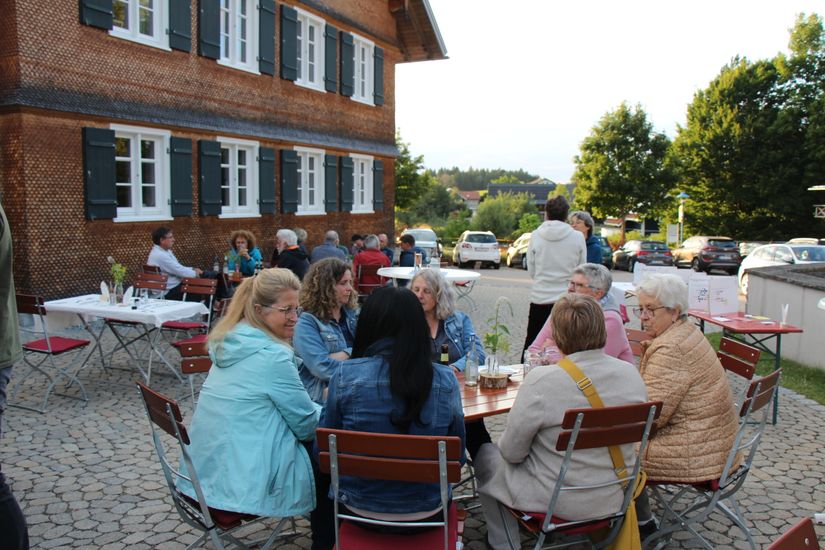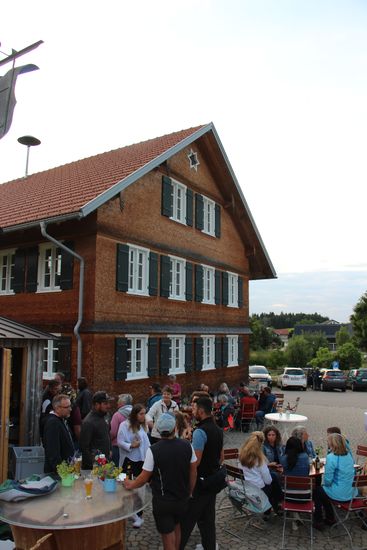“Imagine a table - right in the heart of the village. Nothing fancy. Maybe it’s a simple folding “Biertisch (beer table)” - wooden, a bit wobbly, easy to carry, easy to set up. On it: a few coffee cups, maybe a beer bottle, some paper and pens.
Around it: people from all walks of life - the farmer, the young mother, the teenager, the newcomer, the craftsman, the elder from the local council. They talk, not just about the past, but about the future. About what’s missing and what could grow. They laugh, question, disagree and listen. This is exactly where my project begins.”
Der Tisch des Dorfes - A pilot project for rural development in the Allgäu
Iris Eberhardt
“Der Tisch des Dorfes” is a participatory format for rural development in the Allgäu region. The goal is to create a neutral, low-threshold platform where residents can reflect on the social, cultural and ecological future of their village. It aims to identify local problems, share responsibility and co-develop sustainable solutions.
By fostering a participatory and informal environment, this concept bridges tradition and transformation. People meet around a symbolic and literal table, offering space for open conversation where traditional knowledge meets fresh curiosity. A pilot community event called „Feierabendhock“ invites residents to discuss the present and future of their village using creative tools such as card games, interactive stations and open dialogue formats.
The event and the broader project „Der Tisch des Dorfes“, is connected to the regional initiative „Projektschmiede“ by „AllgäuFairNetzt“, which supports collaborative approaches to rural sustainability. This thesis argues that such participatory formats are not simply add-ons to rural development - they are foundational tools for resilience, cooperation and innovation. The countryside, rather than being a passive space of decline, emerges as a landscape of opportunity where tradition and transformation can coexist. Through local agency and collective imagination, rural areas can reassert themselves as active contributors to a sustainable future.
“Kleines sichtbar wachsen lassen - Let small things grow visibly”
A key image and guiding metaphor for my thesis
Master in Eco Social Design Laurea / Abschluss 25.2

